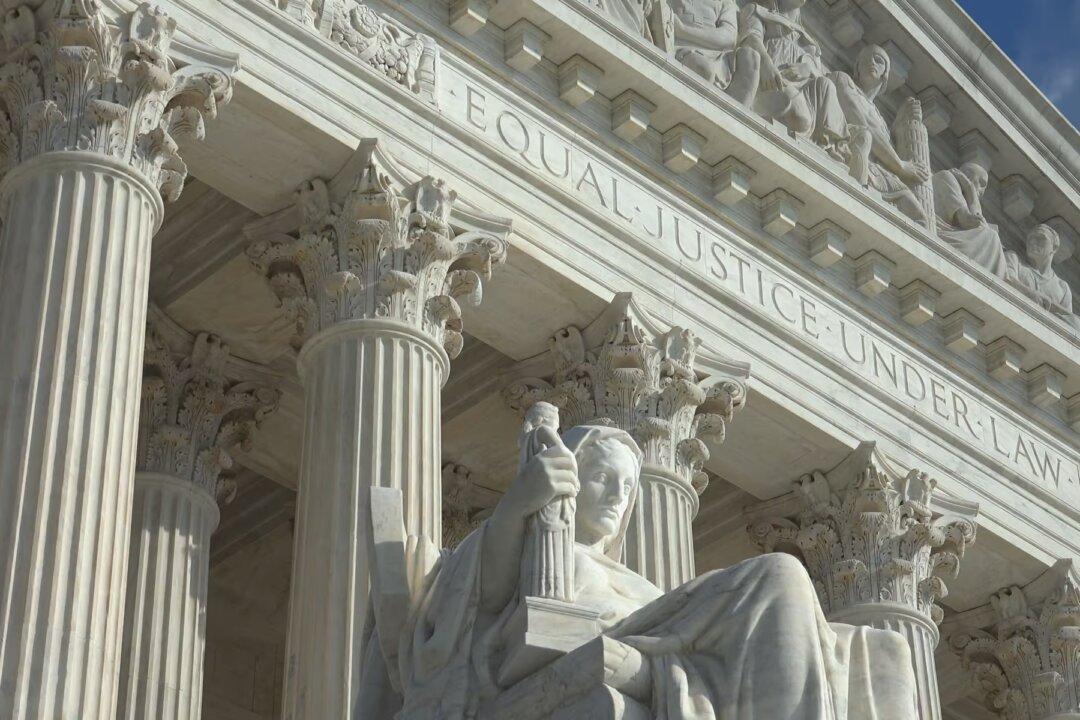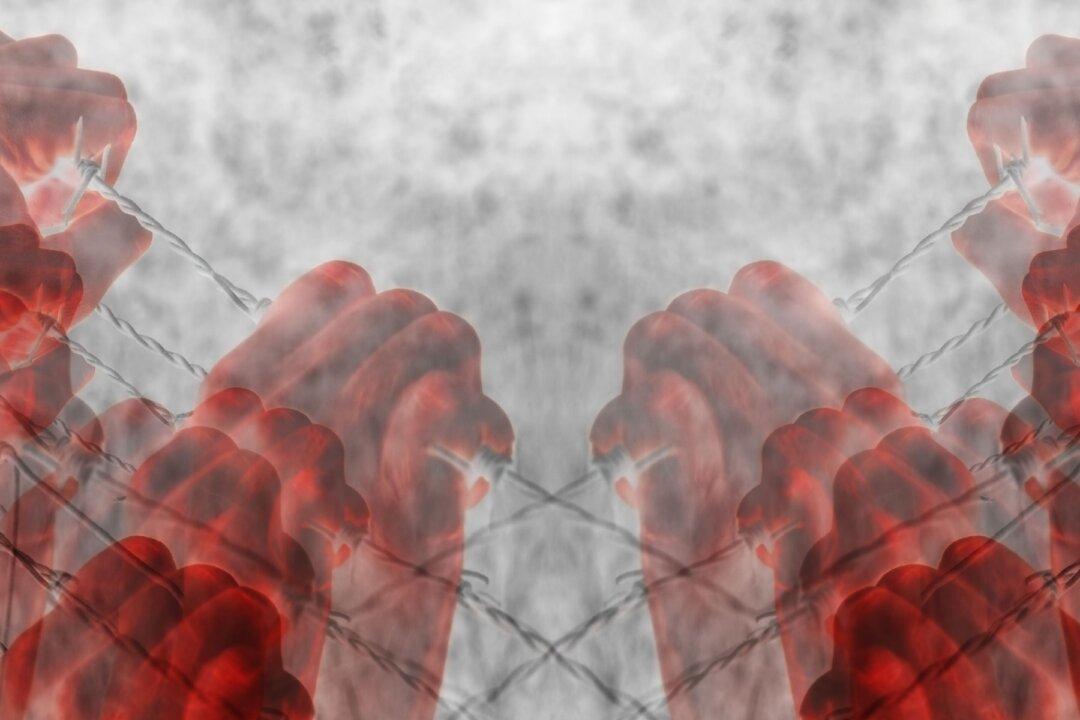Commentary
As I explained previously, the government appealed the district court’s preliminary injunction in Missouri v. Biden, which would prohibit the government from pressuring social media companies to censor Americans online. Two days ago, a three-judge panel in the 5th Circuit court of appeals heard oral arguments from both sides.





